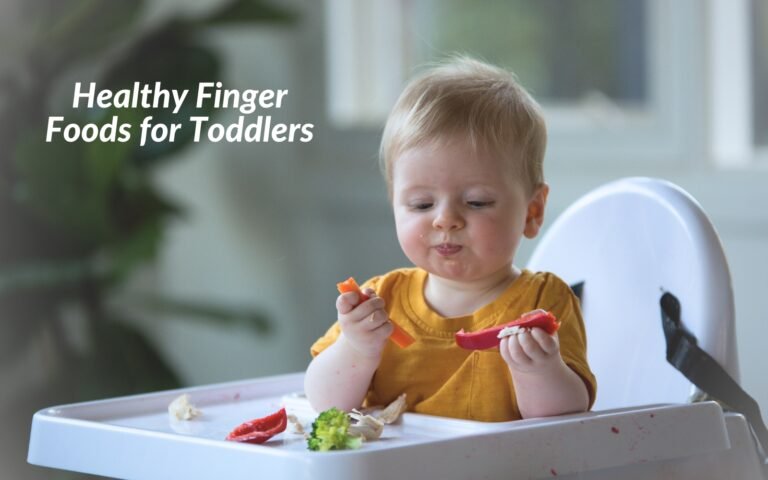Can Pregnancy Stress Affect Baby Sleep? Here’s the Essential Information You Need to Know

Pregnancy brings profound physical and emotional changes, with increased levels of stress well-documented yet not very well understood. But emerging research is increasingly showing that maternal stress during pregnancy not only affects the mother, but infant development, too.
Specifically, recent studies have found that pregnancy stress affect baby sleep patterns, with increased maternal stress levels during pregnancy linked to worse sleep in the first months and even years of a child’s life.
This sounds a little scary, but understanding how pregnancy stress affects baby sleep isn’t meant to create additional worry for expectant mothers. Rather, it should highlight the importance of providing adequate mental health support during pregnancy.
The Science of Stress and Its Effects on Fetal Development
Pregnancy is a journey, fun and exciting, but also challenging. According to a 2018 survey on mental health during pregnancy, 36.5% of women experience an inconsistent mood, 27.8% feel excessive worries, and almost a quarter go through depression. What we are now understanding is that this has measurable effects on both mother and baby.
When we experience stress, our bodies activate what’s called the hypothalamic-pituitary-adrenal (HPA) axis (don’t worry, I can’t pronounce it either!). This process releases cortisol, that helpful little hormone that helps us through life’s daily challenges.
During pregnancy, this system goes into super overdrive. Expectant mothers start seeing elevated cortisol levels in response to stress. Sounds like a good thing, right? It is, for the most part. However, prolonged stress, or frequent intense bouts, can lead to excessive levels of the hormone.
Studies now show that this can disrupt the development of an unborn child’s brain, with cortisol easily crossing the placental barrier. Researchers are seeing results that suggest this affects regions of the brain associated with the regulation of sleep, our emotions, and responses to stress.
Gentle Strategies for Managing Pregnancy Stress
These studies I’ve covered are backed by legitimate scientific research, but they’re not mentioned simply to add to your existing anxiety levels! Instead, they can empower expectant mothers with the knowledge and tools to support their well-being during pregnancy.
Plus, they further legitimize what we already know: mothers deserve support, stress is real, and we shouldn’t relegate concerns to just being ‘baby brain’. There are evidence-based methods that you can use to manage stress during your pregnancy in a gentle way:
Building Your Support Network
Social support is one of the most important factors in easing the always challenging journey of pregnancy. It’s not just a practical thing, either. We not only want friends and family to help with errands and whatnot, but to also be there emotionally.
This can be difficult, particularly if you’re not used to asking. But it’s okay to reach out to your trusted circle, to the people who care about you. They will be there for you.
Also, don’t be afraid to join pregnancy support groups in your community or even online (here’s a resource for NSW, for instance). Sometimes, only the people going through what you’re going through at the same time will understand what it’s like.
Mindfulness and Relaxation
Regular mindfulness and relaxation techniques work very well during pregnancy, regulating the body’s stress response and positively impacting cortisol levels.
Even basic techniques can work wonders. Try deep breathing exercises, for example. Here’s a simple one: inhale for 4 seconds, hold for 7, then exhale for 8. You can also use guided meditation apps, or how about joining a prenatal yoga class?
Lifestyle Approaches
Pregnancy calls for life changes, that’s just an undeniable fact with a little one joining the family. Make sure you practice good sleep hygiene: create a comfortable sleep environment, go to bed at the same time every night, and don’t stare at a bright screen right before you turn in.
Your diet and movement is also very important. Eat balanced meals and do so at regular intervals, helping your body to maintain stable blood sugar levels. Stay hydrated throughout the day (maybe buy a fun bottle!), and make sure to get a little bit of exercise, too.
Creating a Culture of Support: You’re Not Alone
Finally, if you do start feeling overwhelmed, talk to your GP and don’t be afraid to seek professional help. You’re not a burden, it’s entirely normal to feel very stressed during pregnancy, and remember, it’s your right to seek support when you need it.
As you prepare for your baby’s arrival, you might also want to explore postpartum essentials for mom to help you plan ahead for the recovery period. Additionally, understanding sleep training techniques for babies can be valuable knowledge to have as you prepare for those early months with your newborn.
Summary – Pregnancy Stress Affect Baby Sleep
Maternal stress during pregnancy is linked to infant sleep problems due to elevated cortisol levels affecting fetal brain development. This highlights the importance of mental health support for expectant mothers. Gentle strategies like social support, mindfulness, and healthy lifestyle habits can help manage stress and support both mother and baby.
If you’re experiencing concerns about your baby’s sleep patterns after birth, such as little one waking up every hour, remember that professional guidance and proper wake window management can make a significant difference.
Frequently Asked Questions
Can stress during pregnancy affect my baby’s sleep?
Yes, research shows that high stress can impact fetal brain development, especially areas linked to sleep.
Is occasional stress harmful?
No, mild or short-term stress is normal. It’s chronic or intense stress that may cause concern.
How does stress affect the baby during pregnancy?
Stress raises cortisol levels, which can cross the placenta and influence the baby’s developing brain.
What are simple ways to reduce stress during pregnancy?
Try deep breathing, light exercise, mindfulness, social support, and consistent sleep routines.
Should I seek help if I feel overwhelmed?
Yes. Talking to a GP or therapist is highly recommended mental health support is vital and available.





